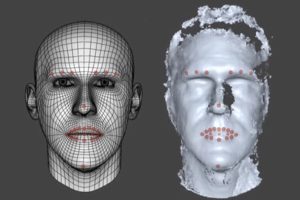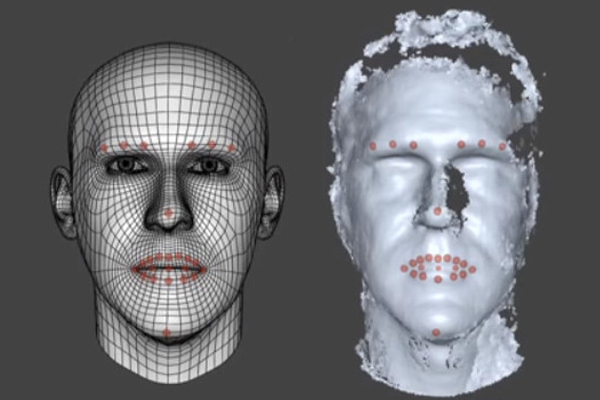 Remember that Chinese programmer going by the online handle @将记忆深埋 who claimed he’d built an AI-powered facial-recognition program that could identify whether women on social media had ever done porn? In late May, his post on Chinese social networking platform Weibo went viral when a Stanford PhD candidate translated the programmer’s tweets—which revealed that the database had already “successfully identified more than 100,000 young ladies…on a global scale,” and that he had plans to share the technology worldwide.
Remember that Chinese programmer going by the online handle @将记忆深埋 who claimed he’d built an AI-powered facial-recognition program that could identify whether women on social media had ever done porn? In late May, his post on Chinese social networking platform Weibo went viral when a Stanford PhD candidate translated the programmer’s tweets—which revealed that the database had already “successfully identified more than 100,000 young ladies…on a global scale,” and that he had plans to share the technology worldwide.
Yeah. Well. That didn’t happen.
The internet exploded with outrage over what many labeled sexism and the project’s blatant invasion of privacy. The programmer claimed that his hoarding of data—which he said had grown to well over 100 terabytes of data from porn sites and social media platforms—was legal “sex work is legal in Germany, where he’s based.” But legal experts in the EU called bullshit, pointing out a number of laws that made his activities illegal.
Thus, on May 31, after a deluge of criticism, the anonymous programmer cancelled a public Q&A, and a day later announced had “pulled the plug on the project and promised to delete all its data,” according to SupChina.
In a later interview with Sohu News, the programmer was cagey about his identity, but forthcoming regarding his initial intentions and the reasons he decided to call it quits.
“The initial goal of this project was to find promiscuous women,” he told Sohu. “They are females who boast about how many men they’ve slept with and how much they like having group sex. My parents told me to stay away from these ‘messy women.’”
“I deleted all the data because I couldn’t withstand the pressure of public opinion,” he continued, before admitting, “Yes, I did something wrong.” But don’t be fooled. He’s not sorry he might have hurt people. He’s sorry he didn’t announce his plans properly. “I should have clarified what we wanted to achieve exactly and tried to gain support from relevant departments.”
His explanations and pseudo-apologies aren’t particularly helpful, either. As MIT’s Technology Review pointed out, even though “There is still no proof that the global system…actually worked, or even existed. Still, the technology is possible and would have had awful consequences.”
The programmer who’s bowed out of the game is far from the only person who’s capable of building this technology, and others may be more determined than he was to use it in dangerous ways.












